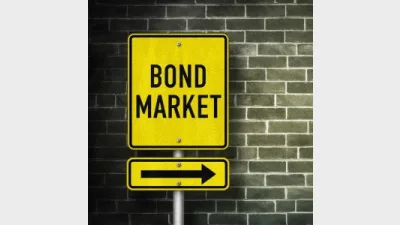Fixed-income investors should look beyond local market



Australian fixed-income investors should not restrict their bond allocations to the domestic market, even though they might be concerned about rising volatility risks in international markets, according to global asset manager AllianceBernstein (AB).
That was, in particular, a concern for long-term investors such as retirees, who rely on their portfolio income allocations to meet daily living costs.
According to AB’s Dynamic Global Fixed Income Fund’s portfolio manager, John Taylor, Australian investors who confined their income allocations to the local market would put themselves at a structural disadvantage.
“The market is polarised between strategies offering low risk and low returns (cash, term deposits and government bonds) and those offering high risk and high returns (high yield and debt-equity hybrids),” he said.
“It’s as though Australian bond investors have one hand tied behind their back in trying to get a better balance of risk and return.”
He also stressed that at times when the outlook was tilting towards greater volatility, then domestic-only allocation could potentially miss out on the returns that could be made from actively trading risk and opportunity in global markets.
Also, achieving a better balance of risk and returns would require a new definition of the role bond played in a diversified portfolio.
“A sensible approach now is to look at bond and equity allocations for what each can provide in terms of both risk mitigation and returns.
“With respect of bond allocations, this means taking a very broad approach to selecting sources of risk and return.”
Taylor said that fixed-term investors who sought better balance between income and stability should consider the following investment principles:
- Investing across all geographies in order to take advantage of income-generating opportunities while managing risk
- Multi-sector investing: across all bond market sectors
- Unconstrained: to avoid being tied to market-weighted bond indices,
- Active strategies which are better equipped to find income-return opportunities and manage risk – including downside risk – when market fall.
Recommended for you
Global asset manager Janus Henderson could be acquired after receiving a non-binding acquisition proposal jointly from a private investment firm and venture capital firm.
Investment manager Salter Brothers has partnered with private equity firm Kilara Capital to launch an Australian sustainable investment platform focusing on decarbonisation.
Fresh off launching three active ETFs to the Australian market, Avantis Investors is already planning to expand its range with two further products next year.
Ausbil is growing its active ETF range with an ESG product in collaboration with sister company Candriam.












